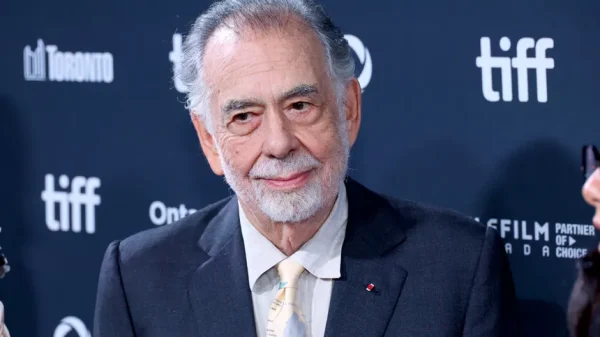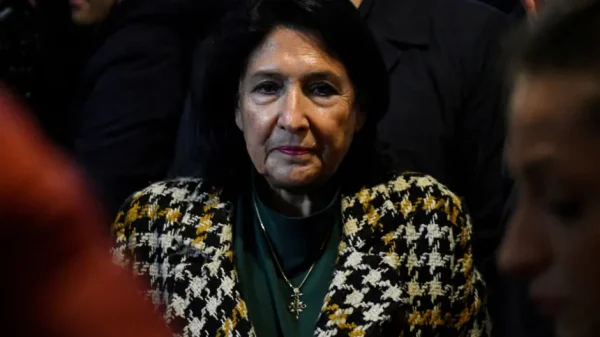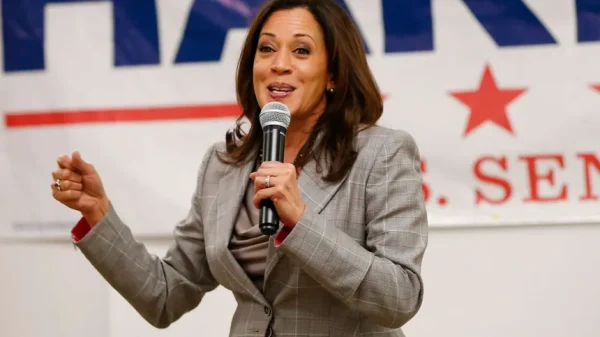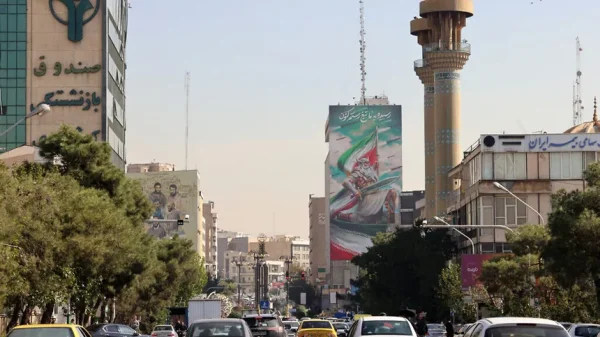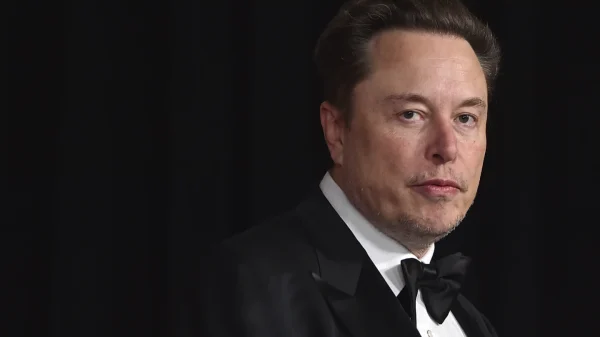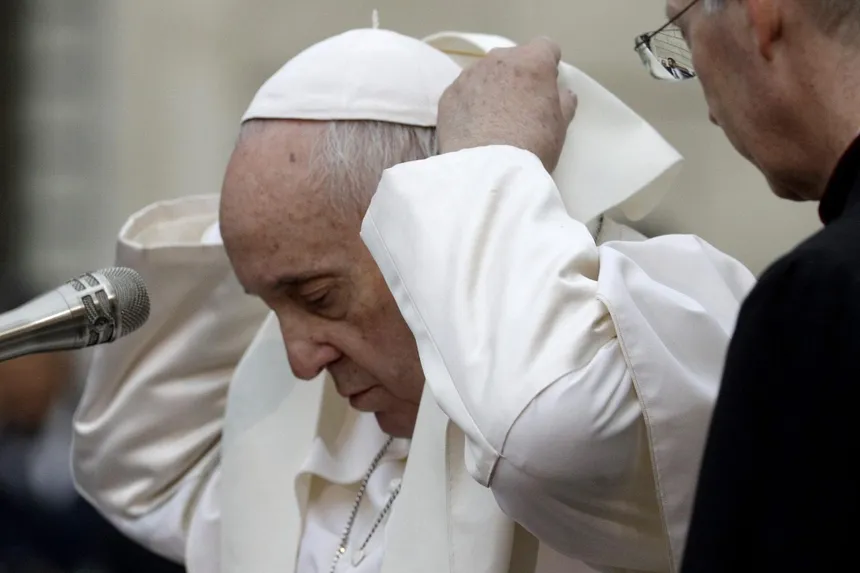Pope Francis has taken yet another significant step in shaping the future of the Catholic Church by announcing the appointment of 21 new cardinals, significantly increasing the size of the College of Cardinals. This move is not only a testament to his leadership style but also a reflection of his vision for the church’s global presence. Among the newly appointed cardinals are the heads of major dioceses and archdioceses in South America, including Argentina, Brazil, Chile, Ecuador, and Peru. These appointments not only strengthen the church’s presence in the region but also demonstrate the pope’s commitment to promoting diversity and representation within the College of Cardinals.
The new cardinals will receive their red hats at a consistory ceremony on December 8, which is an important feast day that marks the beginning of the Christmas season in Rome. This event will be a significant moment for the Catholic Church, as it will bring together cardinals from around the world to celebrate their new roles. The ceremony will also serve as a symbol of the pope’s authority and wisdom, as he continues to shape the future of the church.
It is worth noting that before this announcement, Pope Francis had already named the vast majority of the voting-age cardinals who will one day vote in a conclave to choose his successor. According to Vatican statistics, 92 of the cardinals under the age of 80 had been named by Francis, compared to 24 named by Pope Benedict XVI and six by St John Paul II. This significant imbalance in the number of cardinals appointees reflects Francis’ keen sense of diplomacy and his willingness to take bold steps in shaping the future of the church.
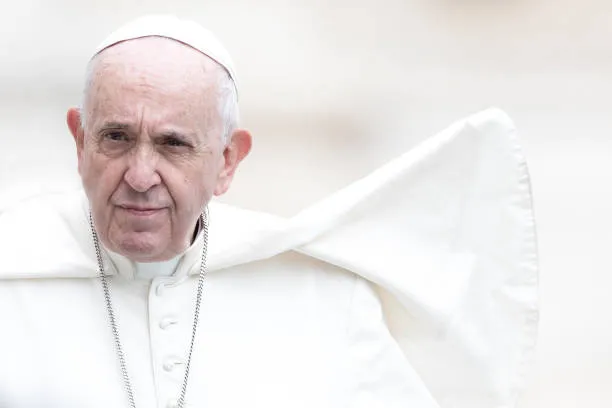
Pope Francis (Image via Getty)
In addition to the heads of dioceses and archdioceses, Pope Francis also named two Vatican officials who hold positions that do not typically come with a cardinal’s rank. The Reverend Fabio Baggio, who is in charge of the migrants section of the Vatican development office, and the Reverend George Jacob Koovakad, who is responsible for organizing the pope’s foreign travels, were both surprised by the pope’s decision to boost them to cardinal status. This move demonstrates Francis’ commitment to recognizing the important work of his officials and providing opportunities for growth and development within the Vatican.
In a nod to the current synod underway at the Vatican, which is debating the future of the church, Francis also appointed the Reverend Timothy Radcliffe, a British theologian who is one of the spiritual advisers for the meeting. This appointment reinforces the pope’s emphasis on the importance of theological reflection and innovation within the church, and suggests that he is committed to engaging with a wide range of perspectives and ideas as he shapes the future of the Catholic Church.
Pope Francis’ appointment of 21 new cardinals is a significant milestone in his papacy, and reflects his commitment to promoting diversity, representation, and innovation within the Catholic Church. As the new cardinals prepare to receive their red hats, they will join a global community of leaders who are dedicated to serving the church and its membership.








